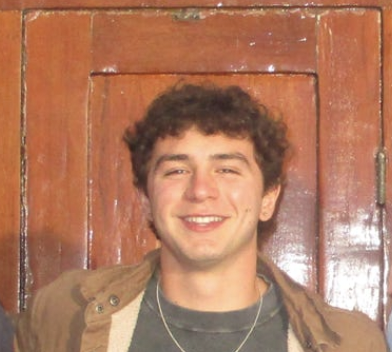| Want to be added to our newsletter email list? Just email us! | |
What have we been up to? |
|
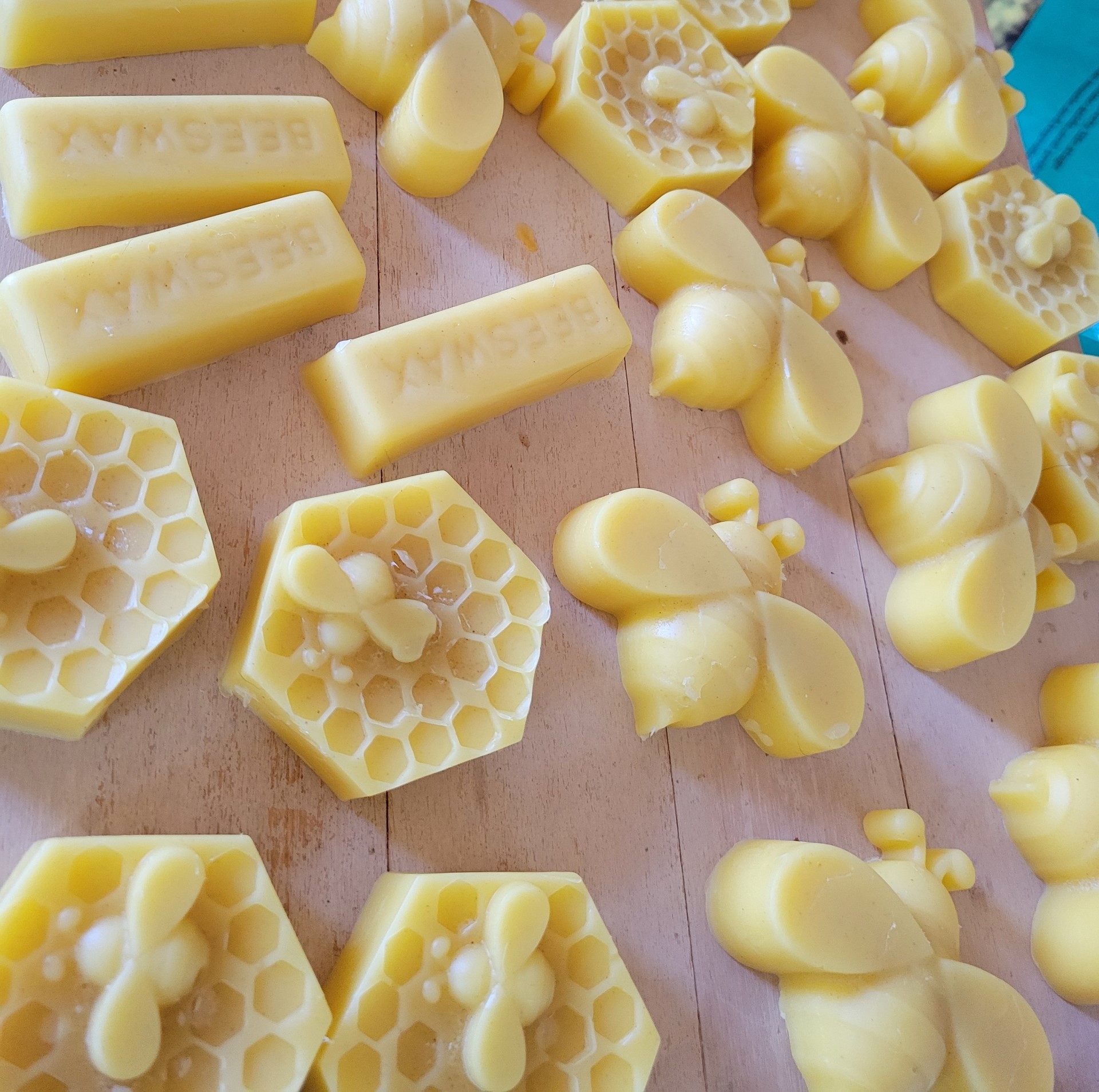 |
Like everyone else, we're waiting out this cold weather and preparing for the spring since it will be upon us soon! Jennifer has been coordinating several workshops and short course this spring, as well as going to different county chapters for their bee schools or monthly meetings. Kim has been conducting the only active field research project by measuring the amount of brood in overwintering colonies (spoiler alert, they already have plenty of brood!). Molly has been going through her analysis from last summer's field project, and she has received a huge hand from the 'Swarm Collective'—many beekeepers have generously volunteered their time in analyzing hundreds of digital images of the frames so she can get hyper-accurate estimates of brood area and colony strength. She is also training Parker, Isabella, and Abraham on viral analyses of experimental colonies, so it's been very busy in the genetics lab so far this year! Brad has many plates spinning, as usual, including revisions to a manuscript, analyzing data, and mentoring many undergraduate projects. Claudia has been a terrific addition to our group and has started out at a sprint, but much more to come from her projects! |
Lab spotlight |
|
|
|
Parker Profet is an undergrad in Biology who will be graduating this upcoming spring. He has quickly become an integral member of the team, where he was initially helping Kim out in the field with some basic beekeeping, then was a central researcher on a project measuring the egg laying rates of queens in colonies treated with different antibiotics and miticides, and now he is both processing digital images of brood patterns as well as working in the molecular lab helping Molly quantify the virus levels in some of our experimental hives last season. He's a hard worker and fun to have around, so we really appreciate his efforts! |
What you should be doing in your apiary this month (Feb 2026) |
|
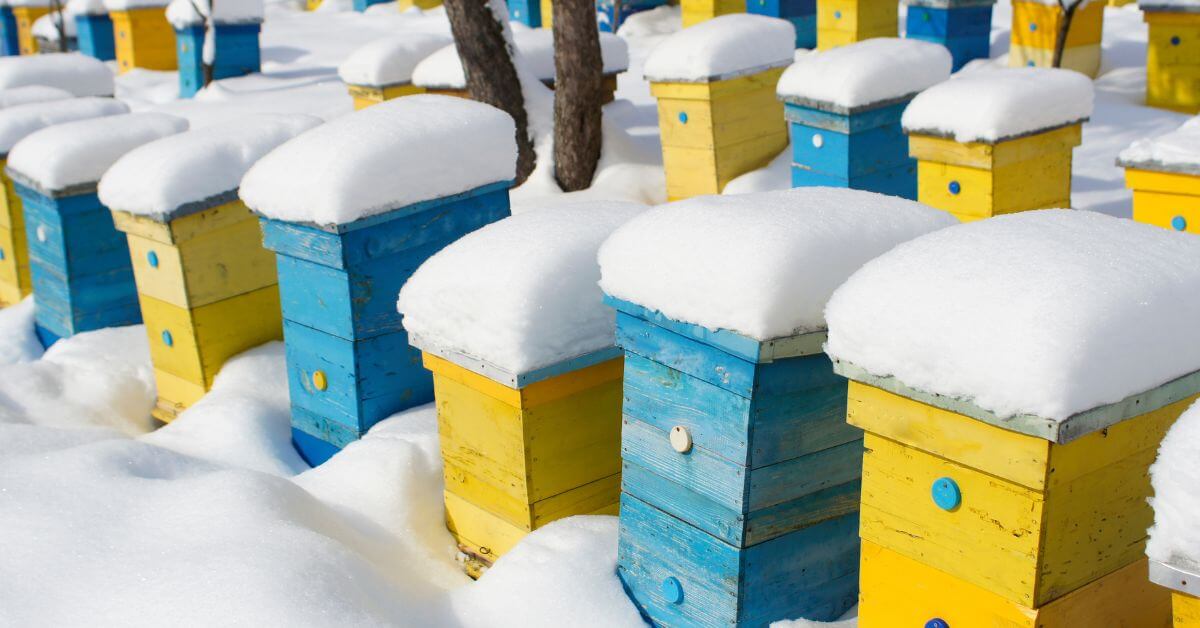 |
February in North Carolina might be considered the beginning of the beekeeping season, at least in most areas of the state... Read full article |
New publications and grant awards |
|
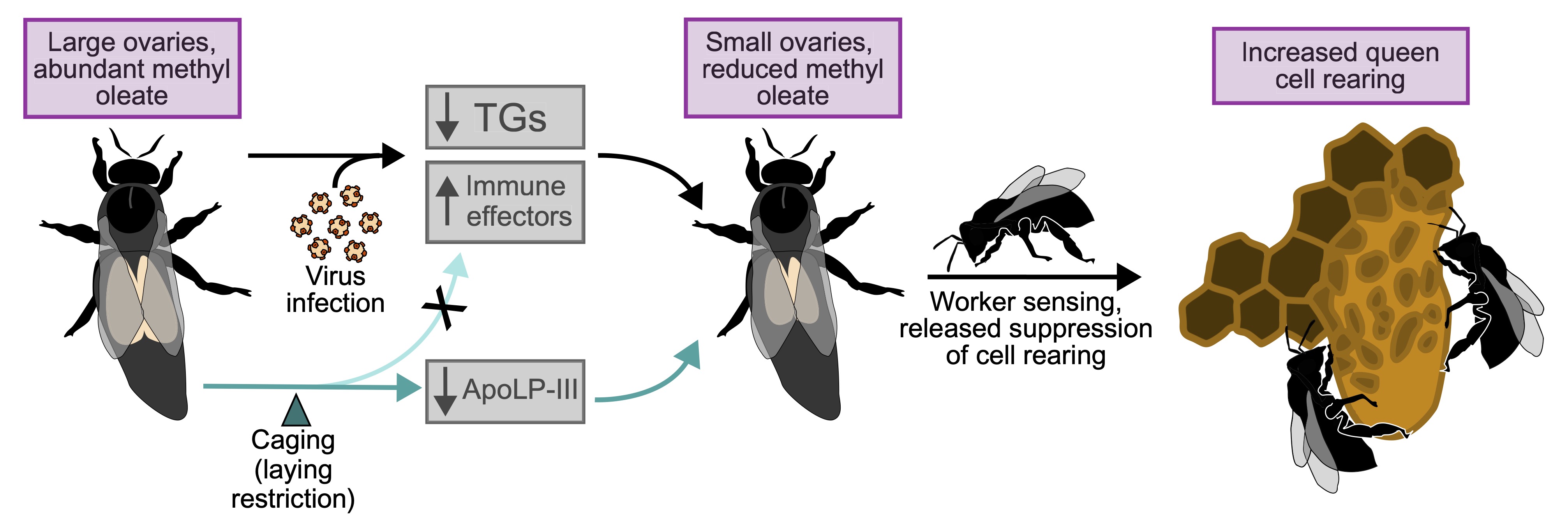 |
Ali McAfee was the lead author in the top-tier journal Proceedings of the National Academy of Sciences (PNAS), which is a huge accomplishment. The study gives us significant insights into why honey bee colonies replace their queens, sometimes years prematurely, which can be problematic for bees and beekeepers alike. Read the press release or the open-access paper. |
Welcome aboard |
|
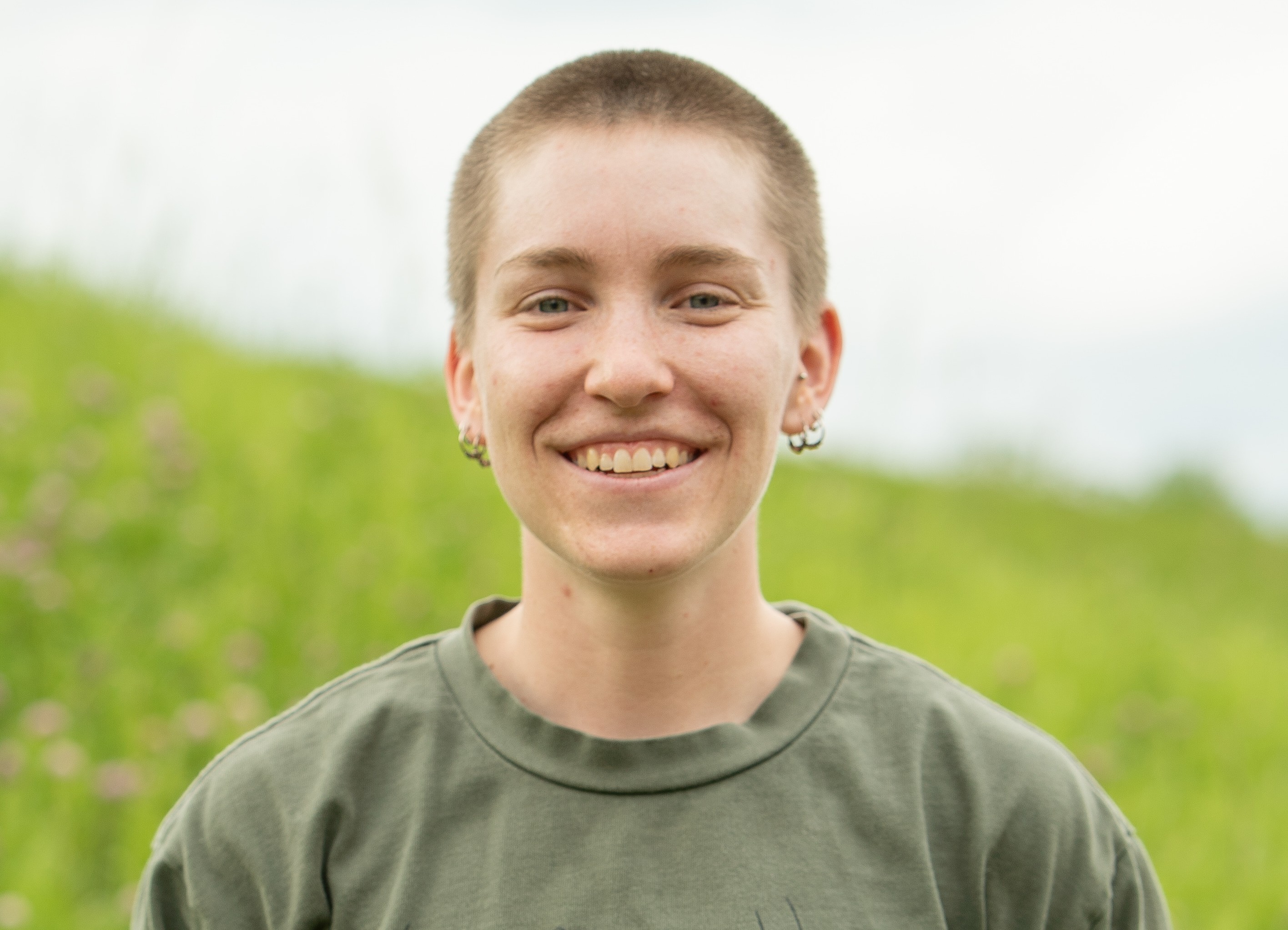
|
Claudia Roller recently joined our team bringing with her a vast array of scientific and beekeeping experience. She was the lead technician with Buddha Bee in the Triangle area for several years, and her research project will center around mitigating laying worker colonies. She will also be coordinating our BeeMORE summer internship program. |
Teacher's corner |
|
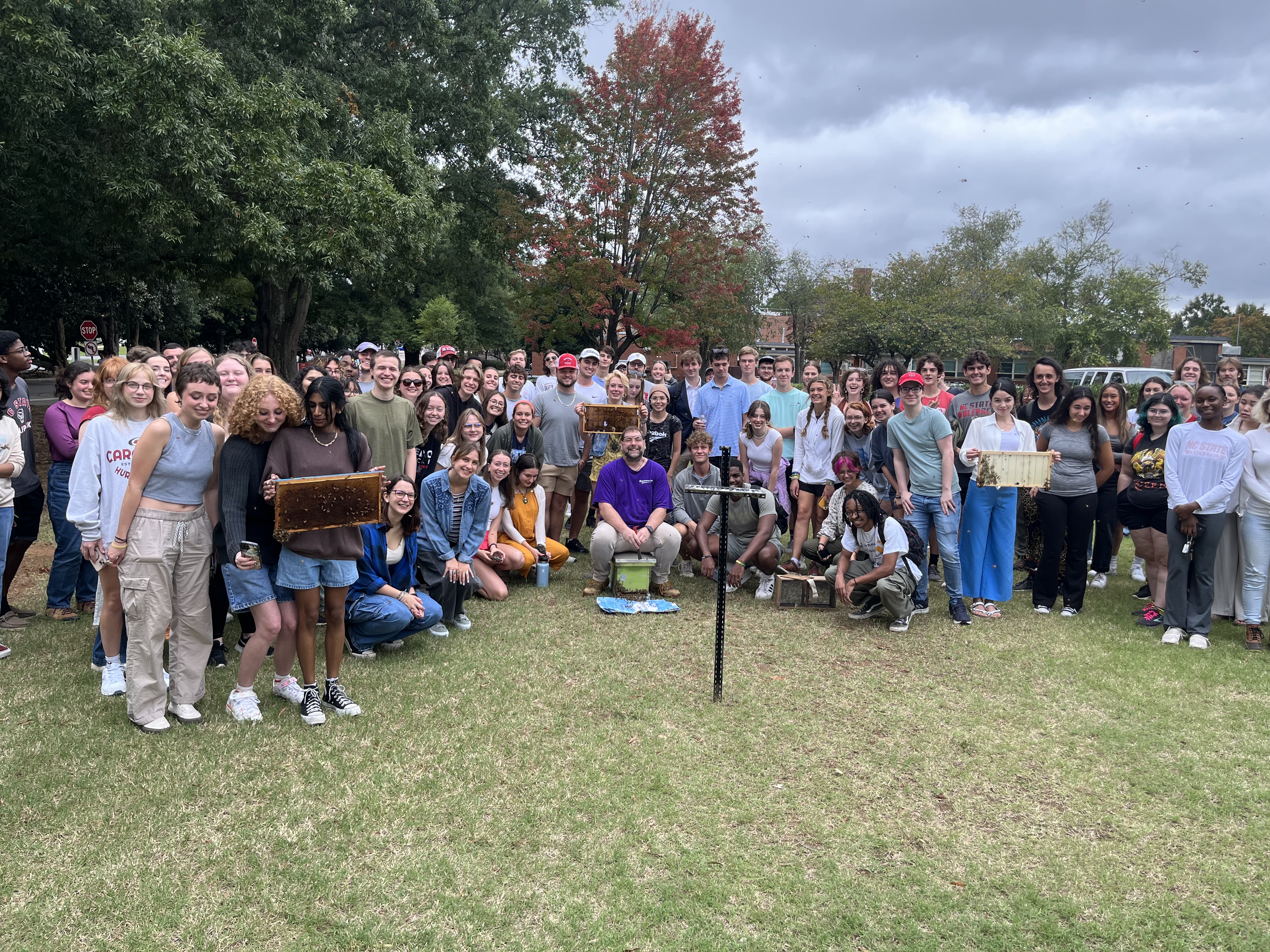 |
AEC 203, "An Introduction to the Honey Bee and Beekeeping," was recently approved to fulfill the Interdisciplinary Perspectives requirement for NC State undergraduates, in addition to already fulfilling the Natural Science requirement. Hopefully this will make it even more popular than ever! |
